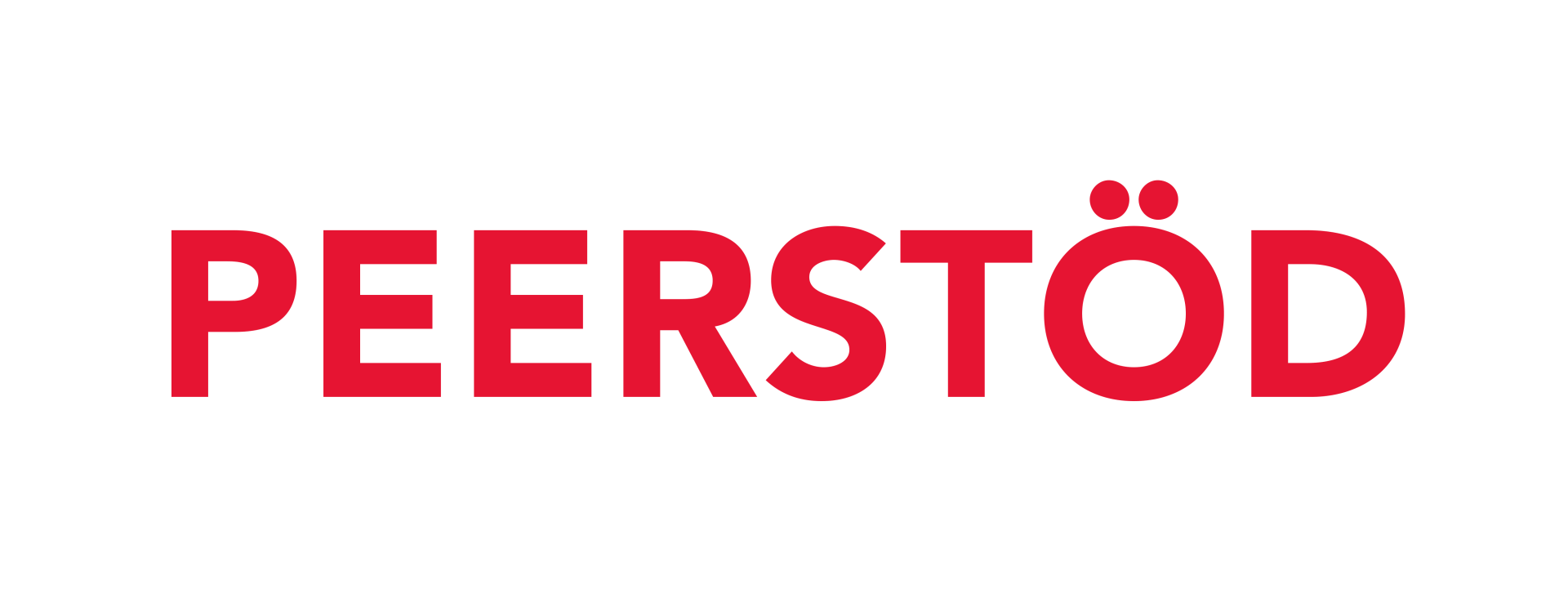An insurance policy which, for example, covers illness and accidents may not be valid if you have not disclosed your HIV status, which means that you will not be compensated for any damage incurred. Therefore, if you decide to take out an insurance policy, it is important that you provide correct information to the insurance company.
Insurance companies are generally not allowed to deny you insurance because of HIV. However, they may set a higher premium if they deem that your health status affects your future risk. Insurance companies often consider people with chronic illnesses to be at a higher risk of developing secondary illnesses, for example.
An insurance company may refuse to insure a person if there are so-called ‘special circumstances’. Special circumstances may include, for example, if a person has a behaviour or work that poses particularly high risks. Other examples of special circumstances may entail the person has previous history of seriously neglecting their obligations towards the insurance company, e.g., providing false information when a claim was to be settled under another insurance policy, or committing crimes that are of particular importance from an insurance point of view, such as fraud and negligence causing public danger. If your application is rejected, then the insurance company will always give you a specific reason. If the insurance company refuses insurance without sufficient grounds, you should first contact the insurance company to request a review. If the rejection remains, you can appeal to the Board for Insurance of Persons (Personförsäkringsnämnden).
If you have an occupational insurance policy that requires you to complete a health declaration, you do not need to show the health declaration to your employer but you can give it directly to the insurance company or the company managing the policy.
Many insurance companies have special rules for insuring a child born to a parent living with HIV, even if the child does not have HIV. To avoid leaving the newborn child uninsured, in some cases, it may be easier to take out pregnancy insurance (an insurance policy that is valid during pregnancy). Feel free to ask your midwife or Posithiva Gruppen about this. Posithiva Gruppen has compiled a list of the terms and conditions of pregnancy and child insurance policies offered by different insurance companies. Please contact us to receive access to the compilation.
Get help from The Swedish Consumers’ Insurance Bureau
The Swedish Consumers’ Insurance Bureau is an independent foundation with the Swedish Financial Supervisory Authority, the Swedish Consumer Agency and Insurance Sweden on the board. The Agency offers free guidance on weekdays from 9:00 to 12:00 on telephone number 0200-22 58 00. You can call the Bureau to find out whether an insurance company’s decision is reasonable, how to proceed if you are unhappy, or to get advice if you are wondering what kind of insurance you need. The Bureau can answer questions on all types of consumer insurance, i.e., insurance that can be taken out by private individuals.
The agency also compares different insurance policies and provides online guidance. At www.konsumenternas.se you can compare insurance policies and find answers to questions (in Swedish).
- Within HIV care
- Support and counselling
- For healthcare visits and treatments outside of HIV care
- For people who are or want to become parents
- For children and adolescents
- During studies and at work
- For people with sickness compensation (formerly known as early retirement)
- For people who do not have a residence permit in Sweden
- When travelling abroad
- When having sex
- When taking out insurance
- HIV related to laws and crimes








